
Cibitoke: A Hidden Gem in Burundi's Heartland
Nestled in the northwestern corner of Burundi, Cibitoke is a vibrant city that offers a unique blend of natural beauty and cultural richness. Surrounded by lush hills and fertile farmlands, this city is a paradise for nature lovers. The scenic landscapes are dotted with banana plantations and tea fields, painting a picturesque backdrop that is both serene and captivating. Cibitoke is also home to several rivers and waterfalls, making it an ideal destination for those who love outdoor activities. Whether you're interested in hiking, bird-watching, or simply taking a peaceful stroll along the riverbanks, Cibitoke has something for everyone. The Rusizi National Park, located nearby, offers a chance to see hippos, crocodiles, and a variety of bird species in their natural habitat. The city's cultural heritage is equally fascinating. Traditional dances, music, and crafts are integral parts of life here, and visitors can often witness local artisans at work. The warm and welcoming people of Cibitoke are eager to share their customs and traditions, providing an enriching experience for any traveler. From local markets brimming with fresh produce to community gatherings celebrating local festivals, Cibitoke offers an authentic glimpse into Burundian life.
Local tips in Cibitoke
- Visit during the dry season (June to August) for the best weather and outdoor activities.
- Carry local currency (Burundian Franc) as not all places accept credit cards.
- Hire a local guide for hiking and wildlife tours to get the most out of your experience.
- Try the local banana beer, a specialty in the region.
- Respect local customs and traditions, especially when visiting rural areas.
Cibitoke: A Hidden Gem in Burundi's Heartland
Nestled in the northwestern corner of Burundi, Cibitoke is a vibrant city that offers a unique blend of natural beauty and cultural richness. Surrounded by lush hills and fertile farmlands, this city is a paradise for nature lovers. The scenic landscapes are dotted with banana plantations and tea fields, painting a picturesque backdrop that is both serene and captivating. Cibitoke is also home to several rivers and waterfalls, making it an ideal destination for those who love outdoor activities. Whether you're interested in hiking, bird-watching, or simply taking a peaceful stroll along the riverbanks, Cibitoke has something for everyone. The Rusizi National Park, located nearby, offers a chance to see hippos, crocodiles, and a variety of bird species in their natural habitat. The city's cultural heritage is equally fascinating. Traditional dances, music, and crafts are integral parts of life here, and visitors can often witness local artisans at work. The warm and welcoming people of Cibitoke are eager to share their customs and traditions, providing an enriching experience for any traveler. From local markets brimming with fresh produce to community gatherings celebrating local festivals, Cibitoke offers an authentic glimpse into Burundian life.
When is the best time to go to Cibitoke?
Iconic landmarks you can’t miss
Bujumbura Zoo
Discover the charm of Bujumbura Zoo - an engaging wildlife sanctuary in Burundi’s capital, perfect for family outings and educational adventures.
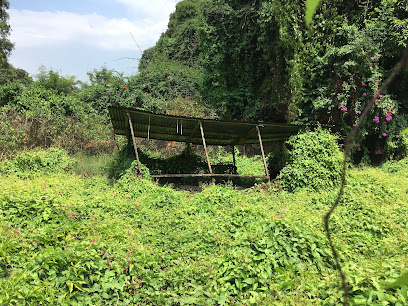
Marché central de Bujumbura Siyoni
Experience the vibrant culture of Burundi at Marché Central de Bujumbura Siyoni, where local flavors, crafts, and community come together.
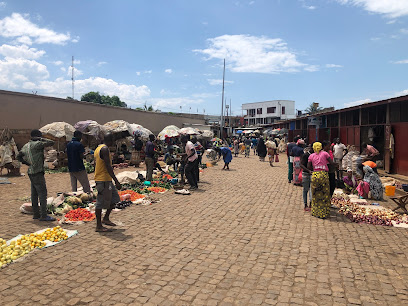
Livingston-Stanley Monument
Explore the Livingston-Stanley Monument in Ramba, where history and culture intertwine, offering a glimpse into the legacy of exploration in Africa.
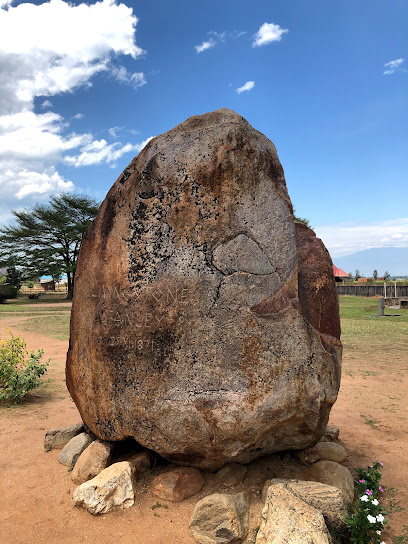
Gishora Drum Sanctuary
Immerse yourself in the captivating rhythms and rich traditions of Burundian culture at the UNESCO-listed Gishora Drum Sanctuary.
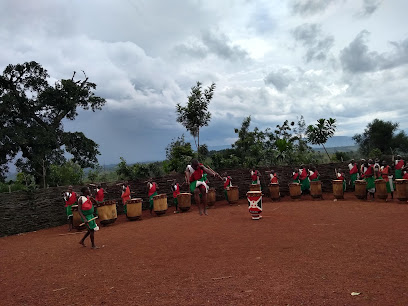
Kibira National Park
Discover the stunning Kibira National Park, a breathtaking wildlife haven in Burundi, perfect for nature lovers and adventure seekers alike.
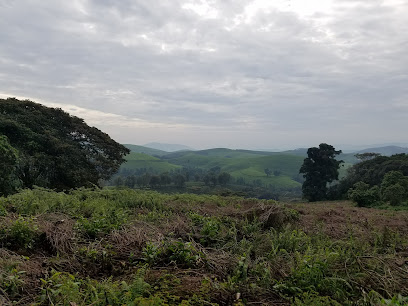
Rusizi National Park
Explore the breathtaking landscapes, diverse wildlife, and unique ecosystems of Rusizi National Park, an unforgettable destination in the heart of Burundi.
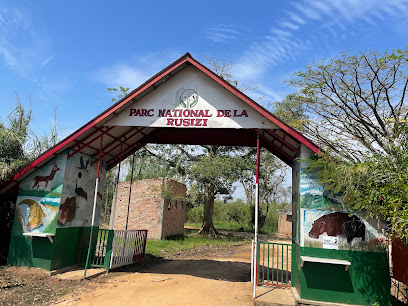
Eglise Vivante
Explore Eglise Vivante in Bujumbura: A serene evangelical church that offers a glimpse into local culture and community spirit.
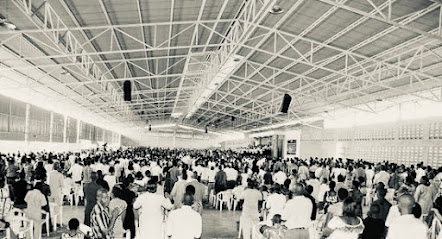
Regina Mundi Cathedral
Discover the serene beauty and cultural significance of Regina Mundi Cathedral, a must-visit spiritual landmark in Bujumbura, Burundi.
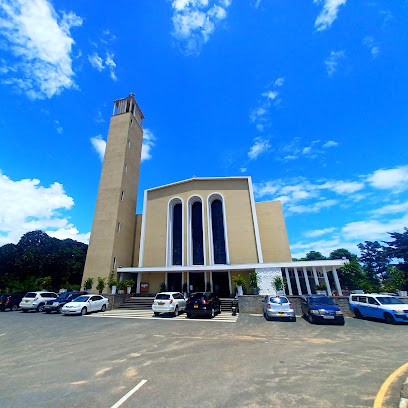
Burundi Discovery Tours
Discover the beauty and culture of Burundi through unforgettable tours that showcase breathtaking landscapes and vibrant local experiences.
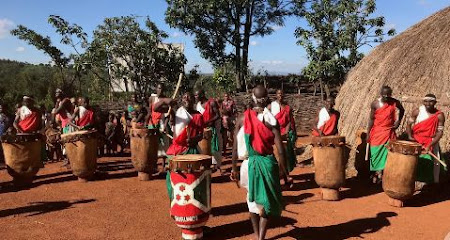
Cibitoke Tavern
Explore the vibrant atmosphere of Cibitoke Tavern in Rugombo, a local bar offering delightful drinks and an authentic Burundian nightlife experience.
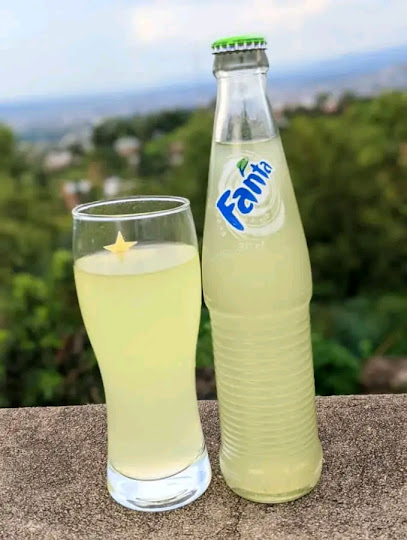
Mosquée de Cibitoke (province)
Explore the stunning Mosquée de Cibitoke, a serene mosque in Burundi known for its exquisite architecture and cultural significance.
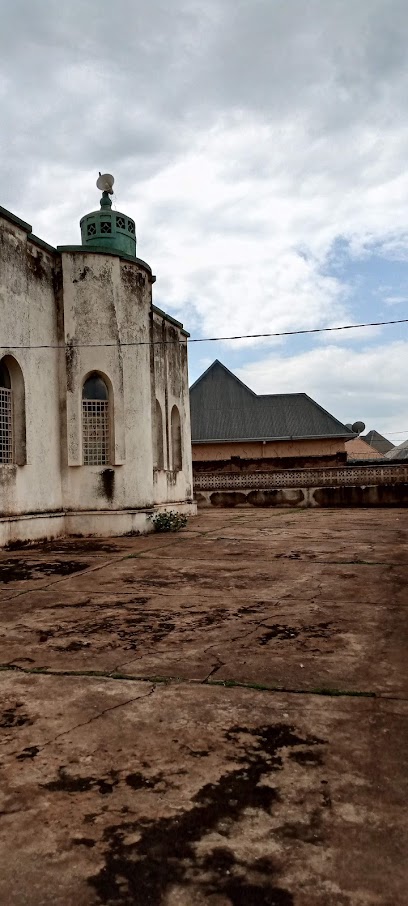
Bujumbura Burundi
Explore the spiritual essence of Bujumbura at the Spiritist Center, a unique cultural experience that connects you with local traditions and practices.

Visit Burundi
Explore the beauty of Burundi with Visit Burundi, your gateway to unforgettable experiences and rich cultural heritage.

Paroisse Christ Roi de Cibitoke
Explore the Paroisse Christ Roi de Cibitoke, a vibrant church in Cibitoke that embodies the rich spirituality and cultural heritage of Burundi.

Unmissable attractions to see
Nyungwe Forest National Park
Discover the rich biodiversity and breathtaking landscapes of Nyungwe Forest National Park, a top destination for nature enthusiasts and adventure seekers in Rwanda.
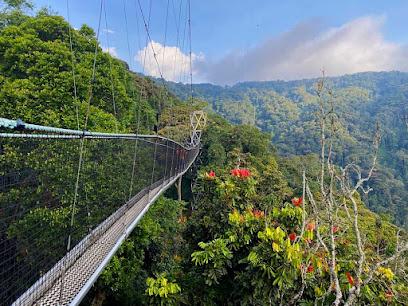
Kibira National Park
Discover Burundi's Kibira National Park: a montane rainforest teeming with primates, birds, and breathtaking scenery.
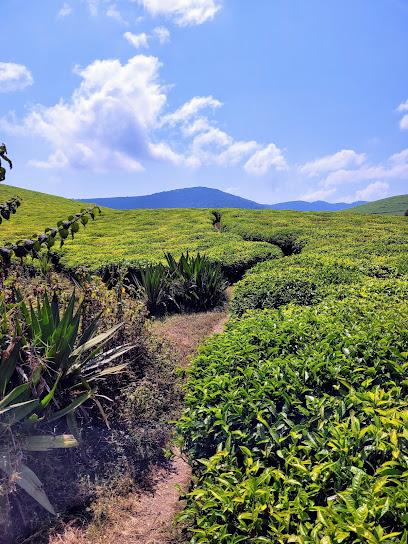
Ruvubu National Park
Explore Burundi's largest national park, a haven for diverse wildlife and bird species along the scenic Ruvubu River.
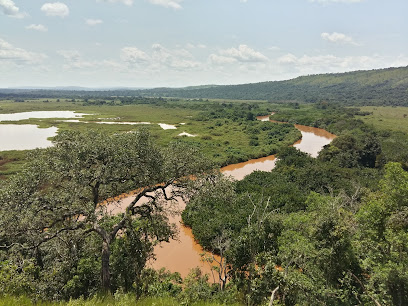
Urugori Gardenia
Discover tranquility in Bujumbura at Urugori Gardenia, a serene escape showcasing Burundi's biodiversity and offering a peaceful retreat.

Kivu Eco Retreat
Experience eco-friendly luxury and breathtaking views at Kivu Eco Retreat, your perfect escape in the heart of Rwanda.
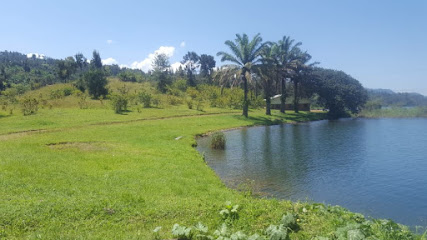
Ferme Amidou
Explore the beauty of local agriculture at Ferme Amidou, a captivating tourist attraction in Shango, showcasing sustainable practices and rural charm.

Kagwema
Escape to Kagwema Park in Bujumbura: A serene oasis of green lawns, shaded paths, and vibrant flora for relaxation and cultural immersion.
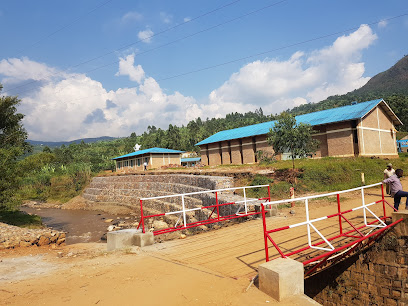
Nkotsi
Discover Nkotsi, Burundi: Where serene landscapes meet authentic cultural experiences in the heart of Nyamurenge. A tranquil escape awaits!

Sabanerwa hill
Experience the tranquility and stunning views at Sabanerwa Hill, a beautiful park in Gitwa, perfect for nature lovers and outdoor enthusiasts.
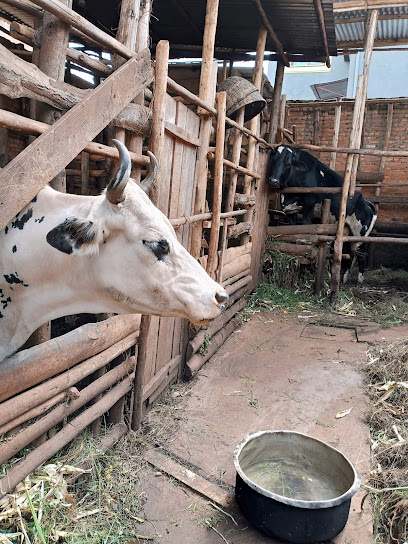
Gakenke
Explore Gakenke, Burundi's hidden gem where stunning landscapes meet rich culture and warm hospitality, creating an unforgettable travel experience.

Kirekura
Discover the serene beauty of Kirekura, a lush garden oasis perfect for relaxation and nature exploration in the heart of Burundi.

Mayuyu
Explore the breathtaking hiking trails of Mayuyu in Bujumbura, where nature and adventure await every traveler.

Sadjadi hassan
Escape to Sadjadi Hassan Park: A serene urban oasis in Bujumbura with lush greenery, vibrant flowers, and a peaceful atmosphere.

Upstream
Discover the tranquility of Upstream in Ngara, Burundi: a serene hiking area offering lush landscapes and peaceful trails for nature lovers.

Arriston Villa
Escape to tranquility at Arriston Villa in Bujumbura: a serene garden oasis with lush greenery, vibrant flowers, and picturesque landscapes.
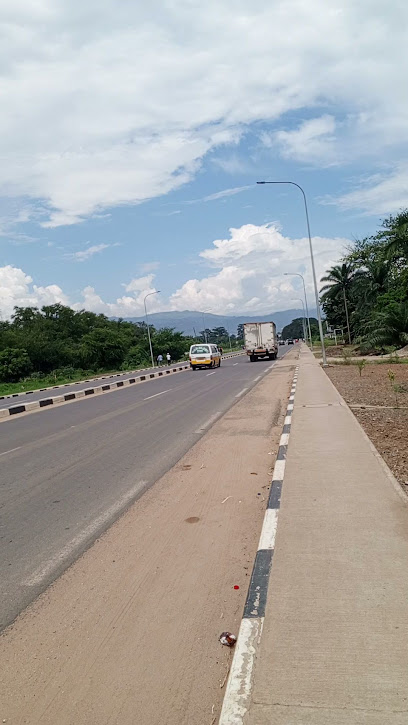
Essential places to dine
Waka Waka
Experience authentic Italian cuisine at Waka Waka in Bujumbura—where every meal is a celebration of flavor and tradition.
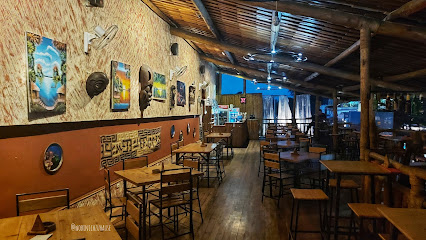
Harrys Grill House
Discover the rich flavors of grilled cuisine at Harry's Grill House in Bujumbura - where every bite tells a story.
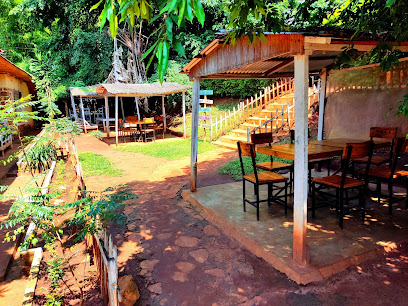
Maquis
Savor the rich flavors of Burundi at Maquis - Bujumbura's premier destination for authentic local and international cuisine.
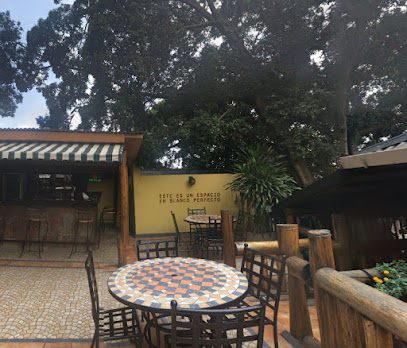
Pasta comedia
Experience authentic Italian cuisine at Pasta Comedia in Bujumbura - where every dish tells a story of flavor and tradition.
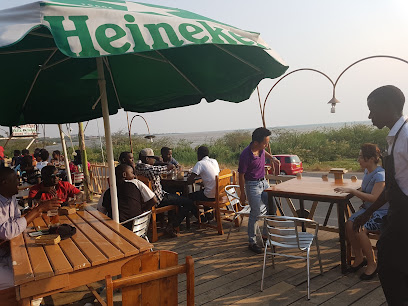
Belvedere Restaurant
Discover the flavors of Burundi at Belvedere Restaurant in Bujumbura—where culinary excellence meets breathtaking views.
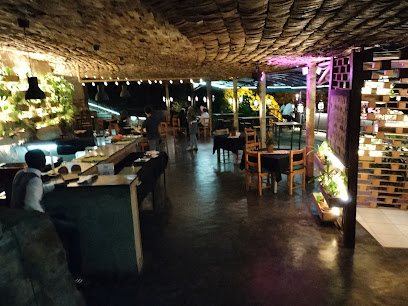
Restaurant Chez Orphée
Discover authentic Burundian flavors at Restaurant Chez Orphée in Bujumbura - a culinary experience not to be missed.
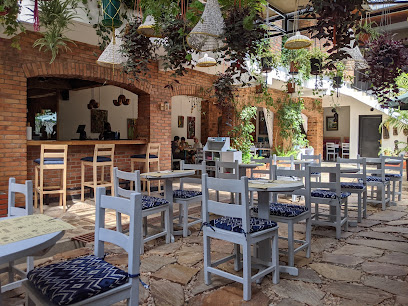
Flamboyant Gardens
Experience exquisite dining amidst nature at Flamboyant Gardens in Bujumbura – where every meal is a celebration of local flavors.
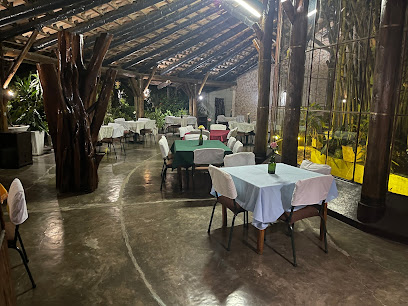
Eden Garden Resort
Discover Eden Garden Resort in Bujumbura: A tranquil restaurant offering exquisite local and international cuisine amidst stunning gardens.
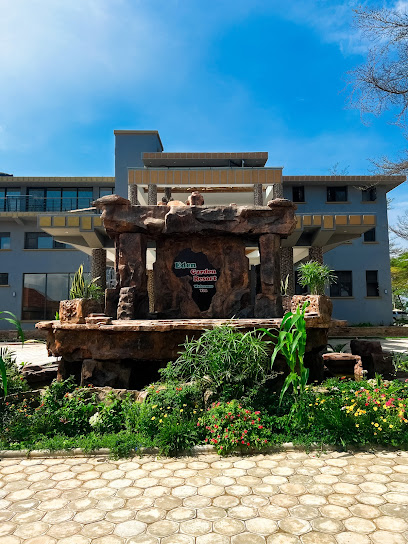
Restaurant Bar Meteo
Discover the lively ambiance and diverse menu at Restaurant Bar Meteo in Bujumbura – a culinary gem blending local flavors with international flair.
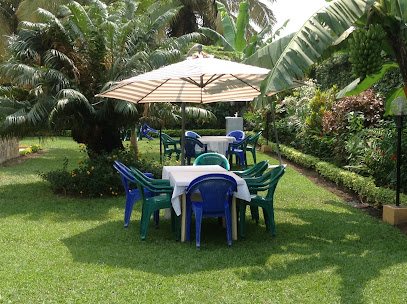
Restaurant Oasis
Experience the vibrant culinary scene at Restaurant Oasis in Bujumbura, where local flavors meet international cuisine in a welcoming atmosphere.
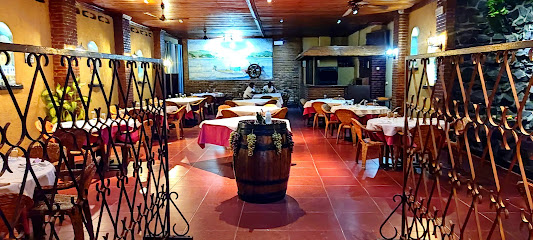
Restaurant Tanganyika
Experience authentic Burundian cuisine with stunning lake views at Restaurant Tanganyika in Bujumbura.
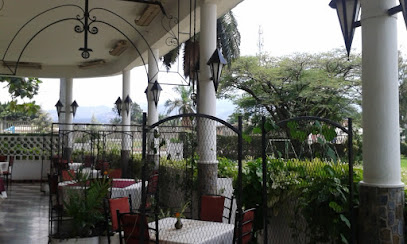
Asian Restaurant
Experience authentic Asian flavors at Bujumbura's top-rated Asian restaurant featuring Indian and Pakistani specialties in a warm setting.
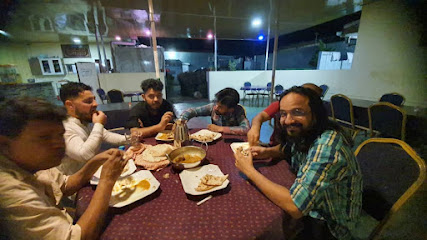
Atrium Restaurant
Experience exquisite dining at Atrium Restaurant, where fine cuisine meets breathtaking views on the shores of Lake Tanganyika.
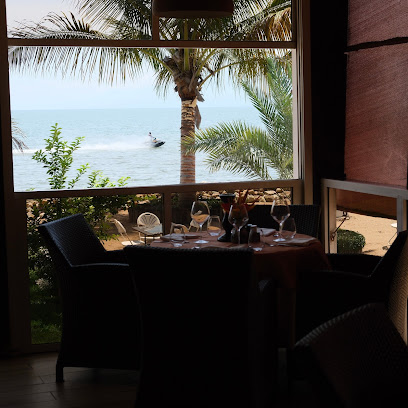
New Cayor
Discover New Cayor in Bujumbura - where local flavors meet exceptional hospitality in a family-friendly setting.
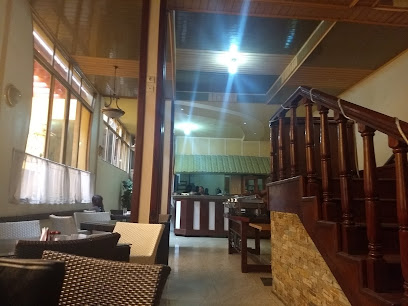
Yucca Beach Restaurant Bar
Discover unforgettable dining at Yucca Beach Restaurant Bar with stunning lake views and delicious local cuisine in Bujumbura.
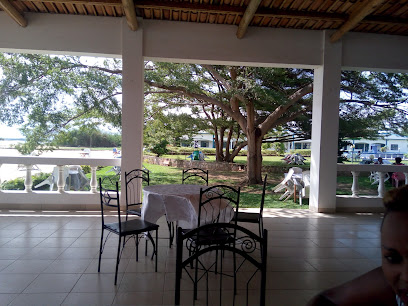
Markets, malls and hidden boutiques
Sun city store
Explore the vibrant Sun City Store in Bujumbura for unique local products and essentials, capturing the essence of Burundian culture.
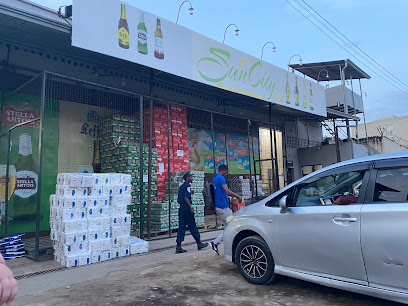
Budget
Explore a variety of quality furniture and appliances at Budget in Bujumbura, the perfect place for stylish home and office furnishings.
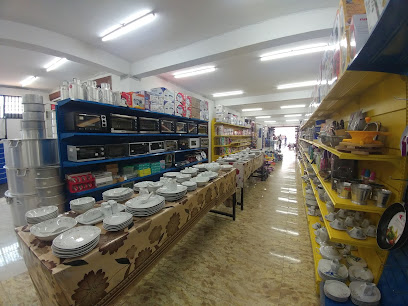
Muco Shop
Explore Muco Shop in Bujumbura for unique home goods and authentic Burundian craftsmanship, perfect for souvenirs and gifts.
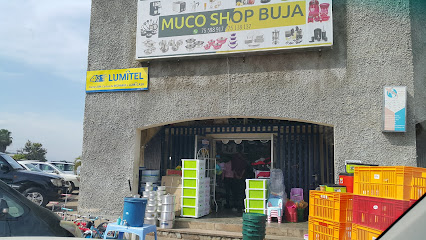
rugombo market
Discover the vibrant Rugombo Market, where fresh produce meets local culture in a lively Burundian atmosphere.

Boom og
Explore the vibrant Boom og Shopping Mall in Kabere, where local culture meets modern retail for an unforgettable shopping experience.

AGAPE SHOP CIBITOKE, RUGOMBO
Explore Agape Shop Cibitoke for authentic Burundian crafts and souvenirs, reflecting the rich cultural heritage of the region.

Cibitoke Central Market
Discover the essence of Burundian culture at Cibitoke Central Market, a vibrant hub of local produce, crafts, and delicious street food.

CRAFT N’ CREATIONS
Explore unique home decor at Craft N’ Creations in Bujumbura, where artistry meets culture, offering exquisite treasures for your space.

SOS Children's Village Cibitoke
Experience compassion and community at the SOS Children's Village Cibitoke, a place dedicated to nurturing vulnerable children and empowering families.

Marché central musenyi
Discover the vibrant flavors and local culture at Marché Central Musenyi, a bustling supermarket in the heart of Musenyi, Rwanda.

Burundi Shop
Explore the essence of Burundian culture through unique e-commerce offerings at Burundi Shop in Bujumbura.
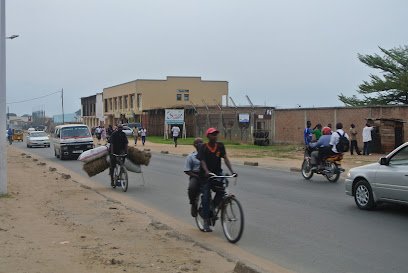
Kiyera Burundi
Explore Kiyera Burundi, the boutique showcasing authentic Burundian craftsmanship and unique handmade treasures in Bujumbura.

Kilakitu
Explore Kilakitu, Bujumbura's premier shopping mall, where local charm meets modern conveniences in a vibrant retail experience.

Kwa Desire
Discover unique handcrafted gifts and local art at Kwa Desire, a charming gift shop in Kinyinya reflecting the vibrant culture of the region.

Boom
Explore the vibrant world of Burundian culture at Boom Gift Shop, where unique gifts and local art await every traveler.

Essential bars & hidden hideouts
Peace and Love Bar
Discover the lively atmosphere of Peace and Love Bar in Bujumbura, where local culture meets relaxation and fun.
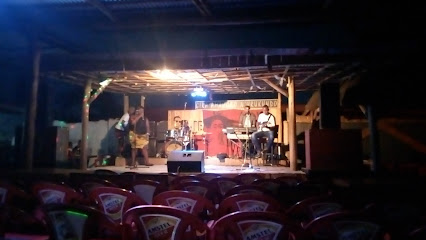
Kumutwenzi Bar
Discover the vibrant nightlife of Bujumbura at Kumutwenzi Bar, where local culture meets a lively atmosphere and refreshing drinks.
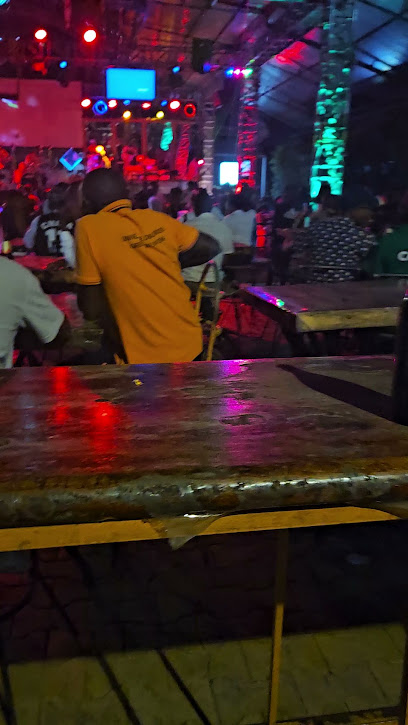
Kiriri Bar (KB)
Discover the vibrant nightlife of Bujumbura at Kiriri Bar (KB), where great drinks meet a lively atmosphere, perfect for tourists and locals alike.

Dogodogo Bar
Discover the heart of Munyika at Dogodogo Bar, where vibrant ambiance meets a diverse drink selection and cultural interactions.
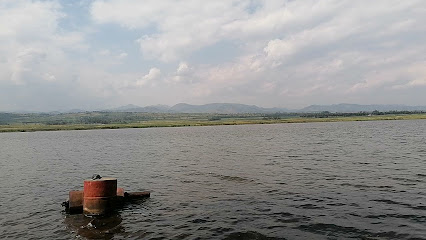
HERITAGE BAR & RESTAURANT
Discover the flavors of Bujumbura at Heritage Bar & Restaurant, where local cuisine meets vibrant culture in a lively atmosphere.
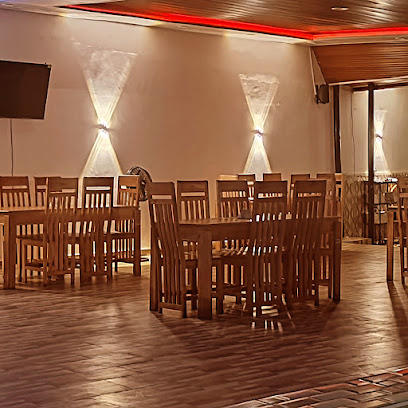
Hotel Bellavista
Discover the flavors of Burundi at Hotel Bellavista, a premier dining destination in Cibitoke offering a fusion of local and international cuisines.

Bar Kwihuriro
Discover the lively essence of Bujumbura nightlife at Bar Kwihuriro, where local culture meets refreshing drinks and great company.

BEST GARDEN RESTO-BAR
Experience vibrant dining and refreshing drinks in a lush garden setting at Bujumbura's BEST GARDEN RESTO-BAR.

Bar Chez Kiki
Experience the vibrant nightlife of Bujumbura at Bar Chez Kiki, a cozy bar offering a diverse drink menu and a welcoming atmosphere.
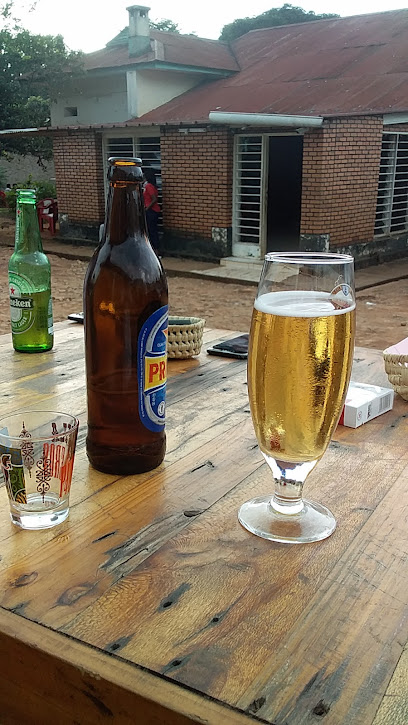
Kiboko Foods and Drinks
Discover the essence of Bujumbura at Kiboko Foods and Drinks, where grilled delights meet warm hospitality in a vibrant setting.
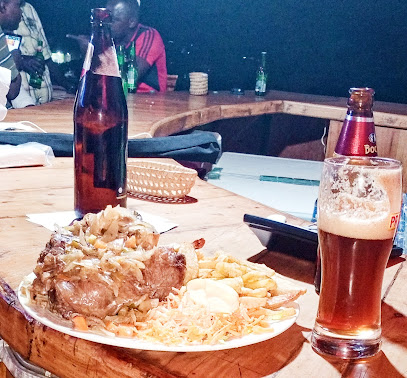
Bar NZIMA
Discover the lively spirit of Cibitoke at Bar NZIMA, a vibrant bar offering local flavors and an unforgettable nightlife experience.
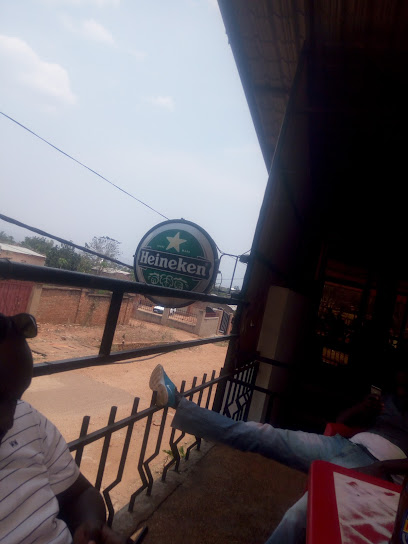
Cibitoke Tavern
Experience the vibrant atmosphere of Cibitoke Tavern, Rugombo's favorite bar for locals and travelers alike, where drinks and culture blend seamlessly.
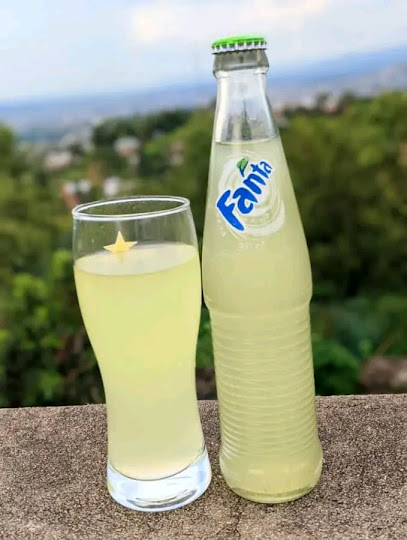
Kigabiro Snack-Bar (Resto)
Experience the lively atmosphere and local flavors at Kigabiro Snack-Bar in Bujumbura, a perfect spot for relaxation and socializing.
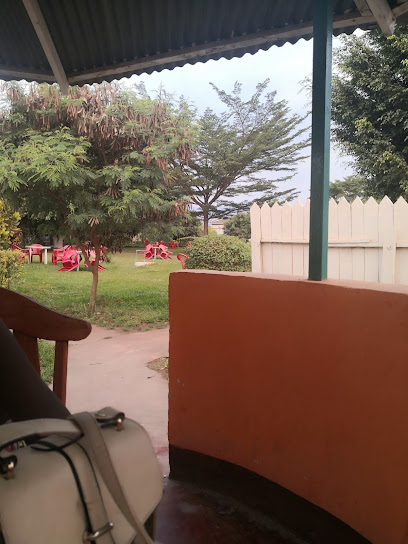
Iwabonabasigaye
Discover the lively atmosphere and local flavors at Iwabonabasigaye, the heart of nightlife in Rugeregere.

Local Phrases
-
- HelloAmakuru
[ah-mah-koo-roo] - GoodbyeKwaheri
[kwa-heh-ree] - YesEgo
[eh-go] - NoOya
[oh-yah] - Please/You're welcomeKurahura
[koo-rah-hoo-rah] - Thank youMurakoze
[moo-rah-koh-zeh] - Excuse me/SorryIgisubizo
[ee-gee-soo-bee-zoh] - How are you?Amakuru?
[ah-mah-koo-roo] - Fine. And you?Ni meza. Wewe?
[nee meh-zah. way-way] - Do you speak English?Mwabishaka gusoma icyongereza?
[mwah-bee-shah-kah goo-soh-mah ee-chohn-geh-reh-zah] - I don't understandNtazi
[n-tah-zee]
- HelloAmakuru
-
- I'd like to see the menu, pleaseNifise ibimenyu, kubanjiriza
[nee-fee-seh ee-bee-meh-nyoo koo-bahn-jee-ree-zah] - I don't eat meatSindikura inyama
[seen-dee-koo-rah ee-nyah-mah] - Cheers!Amahoro!
[ah-mah-hoh-roh] - I would like to pay, pleaseNifise kugura, kubanjiriza
[nee-fee-seh koo-goo-rah koo-bahn-jee-ree-zah]
- I'd like to see the menu, pleaseNifise ibimenyu, kubanjiriza
-
- Help!Umwibagihe!
[oom-wee-bah-ghee-heh] - Go away!Shinga
[sheen-gah] - Call the Police!Gukora ijambo kuri Polisi!
[goo-koh-rah ee-jahm-boh koo-ree poh-lee-see] - Call a doctor!Gukora ijambo kuri dokotere!
[goo-koh-rah ee-jahm-boh koo-ree doh-koh-teh-reh] - I'm lostNzatuma
[n-zah-too-mah] - I'm illNzira
[n-zee-rah]
- Help!Umwibagihe!
-
- I'd like to buy...Nifise kugura...
[nee-fee-seh koo-goo-rah] - I'm just lookingNzokwemera
[n-zoh-kweh-meh-rah] - How much is it?Ni iki gihe?
[nee ee-kee ghee-heh] - That's too expensiveIbyiza byiza sana
[ee-bee-zah bee-zah sah-nah] - Can you lower the price?Wabishaka kugenzura?
[wah-bee-shah-kah koo-geh-nzoo-rah]
- I'd like to buy...Nifise kugura...
-
- What time is it?Ni iki gihe?
[nee ee-kee ghee-heh] - It's one o'clockNi saa umwe
[nee sah oom-weh] - Half past (10)Saa mirongo itanu
[sah mee-rohn-goh ee-tah-noo] - MorningUmugoroba
[oo-moo-goh-roh-bah] - AfternoonImvanjili
[eem-vahn-jee-lee] - EveningUmugoroba
[oo-moo-goh-roh-bah] - YesterdayEjo
[eh-joh] - TodayEjo
[eh-joh] - TomorrowEjo
[eh-joh] - 1Rimwe
[ree-mweh] - 2Kabiri
[kah-bee-ree] - 3Gatatu
[gah-tah-too] - 4Kane
[kah-neh] - 5Gatanu
[gah-tah-noo] - 6Gatandatu
[gah-tahn-dah-too] - 7Kagatatu
[kah-gah-tah-too] - 8Kagana
[kah-gah-nah] - 9Icyenda
[ee-chyen-dah] - 10Icyumweru
[ee-choom-weh-roo]
- What time is it?Ni iki gihe?
-
- Where's a/the...?Ehehe?
[eh-heh-heh] - What's the address?Iyi ni adiresi iyihe?
[ee-yee nee ah-dee-reh-see ee-heh] - Can you show me (on the map)?Wabishaka kundika iyi?
[wah-bee-shah-kah koon-dee-kah ee-yee] - When's the next (bus)?Iki gihe isahahe?
[ee-kee ghee-heh ee-sah-hah-heh] - A ticket (to ....)Ishyura (kuri ....)
[ee-shyoo-rah koo-ree]
- Where's a/the...?Ehehe?
History of Cibitoke
-
Cibitoke, nestled in the lush northwest region of Burundi, has a rich history that dates back to the pre-colonial era. The area was traditionally inhabited by the Twa, Hutu, and Tutsi ethnic groups who lived in relative harmony. The region was known for its fertile lands and strategic location, which made it an important center for agriculture and trade among local communities.
-
In the late 19th century, Cibitoke, along with the rest of Burundi, fell under German colonial rule. The Germans established administrative outposts and began exploiting the region’s resources. After Germany's defeat in World War I, Burundi was mandated to Belgium by the League of Nations. Under Belgian rule, Cibitoke saw significant changes, including the introduction of cash crops like coffee and the construction of infrastructure, which would later influence its socio-economic landscape.
-
Burundi gained independence from Belgium on July 1, 1962. The post-independence period was marked by political instability and ethnic tensions between the Hutu and Tutsi groups. Cibitoke, like many other regions, experienced significant upheaval during these times. The area was affected by the internal conflicts that plagued Burundi, including the civil wars that erupted in the late 20th century.
-
The civil war that began in 1993 had a profound impact on Cibitoke. The region saw numerous skirmishes and battles, leading to displacement and loss of life among its inhabitants. Despite the turmoil, Cibitoke remained resilient, with local communities striving to maintain their cultural heritage and support each other through difficult times. The war officially ended in 2005 with a peace agreement, but its scars are still visible in the region.
-
In recent years, Cibitoke has seen efforts towards economic and social development. The government and international organizations have invested in infrastructure, education, and healthcare to improve the living standards of the local population. Agriculture remains a vital part of the economy, with coffee and tea being significant export products. The region is also exploring eco-tourism opportunities, capitalizing on its natural beauty and cultural heritage.
-
Cibitoke is a mosaic of cultural traditions and practices. The area is known for its vibrant community life, traditional music, dance, and crafts. Festivals and ceremonies are integral to the social fabric, celebrating everything from harvests to rites of passage. The local language, Kirundi, is widely spoken, and oral storytelling remains a cherished way of preserving history and culture.
-
Cibitoke is blessed with natural beauty, including lush landscapes, rolling hills, and rich biodiversity. The region is home to several natural reserves and parks that protect its unique flora and fauna. The Kibira National Park, although partially shared with neighboring provinces, extends into Cibitoke and offers opportunities for eco-tourism, bird watching, and hiking. The conservation efforts in these areas aim to preserve the natural heritage of Cibitoke for future generations.
Cibitoke Essentials
-
Cibitoke is located in the northwestern part of Burundi. The closest international airport is Bujumbura International Airport, approximately 70 kilometers away. From Bujumbura, you can take a taxi or a bus to Cibitoke. The journey by road usually takes around 1.5 to 2 hours, depending on traffic and road conditions.
-
Local transportation in Cibitoke includes motorcycles (boda-bodas), taxis, and buses. Boda-bodas are a popular and quick way to get around town. Taxis are available but may need to be arranged in advance. Public buses connect Cibitoke with nearby towns and villages. Renting a car is also an option, but be aware that road conditions can vary.
-
The official currency of Burundi is the Burundian Franc (BIF). While some hotels and larger establishments in Cibitoke may accept credit cards, it is advisable to carry cash, particularly for smaller shops, markets, and local eateries. ATMs are available but can be unreliable, so ensure you have enough cash before traveling.
-
Cibitoke is generally safe for tourists, but standard precautions should be taken. Avoid walking alone at night and keep your belongings secure in crowded areas. Certain areas can have higher crime rates, so consult with locals or your accommodation for advice on which neighborhoods to avoid. It's always best to stay vigilant and aware of your surroundings.
-
In case of an emergency, dial 112 for immediate assistance. There are local police stations and medical facilities available in Cibitoke. It is highly recommended to have travel insurance that covers medical emergencies. For minor health issues, pharmacies are available where over-the-counter medications can be purchased.
-
Fashion: Do dress modestly, particularly in rural areas and religious sites. Avoid wearing revealing clothing. Religion: Do show respect for local customs and traditions. Remove your shoes and cover your head when entering religious sites. Public Transport: Do be courteous and give up your seat to elderly passengers. Don't eat or drink on public transport. Greetings: Do greet people with a handshake or a slight bow. Smiling and making eye contact is also appreciated. Eating & Drinking: Do try local foods and accept hospitality graciously. Don't refuse food offerings, as it is considered rude.
-
To experience Cibitoke like a local, visit the bustling local markets where you can buy fresh produce and traditional Burundian crafts. Engage with the locals, who are generally friendly and willing to share stories about their culture and history. Don't miss visiting the scenic Rusizi National Park, which offers a chance to see hippos and a variety of bird species. For a unique experience, attend a traditional drumming performance, which is an integral part of Burundian culture.
Trending Landmark in Cibitoke
-
Bujumbura Zoo
-
Marché central de Bujumbura Siyoni
-
Livingston-Stanley Monument
-
Gishora Drum Sanctuary
-
Kibira National Park
-
Rusizi National Park
-
Eglise Vivante
-
Regina Mundi Cathedral
-
Burundi Discovery Tours
-
Cibitoke Tavern
-
Mosquée de Cibitoke (province)
-
Bujumbura Burundi
-
Visit Burundi
-
Paroisse Christ Roi de Cibitoke
Nearby Cities to Cibitoke
-
Things To Do in Kayanza
-
Things To Do in Bujumbura
-
Things To Do in Muramvya
-
Things To Do in Butare
-
Things To Do in Ngozi
-
Things To Do in Karongi
-
Things To Do in Kibuye
-
Things To Do in Gitega
-
Things To Do in Kirundo
-
Things To Do in Muhanga
-
Things To Do in Rumonge
-
Things To Do in Bururi
-
Things To Do in Muyinga
-
Things To Do in Gisenyi
-
Things To Do in Rubavu




